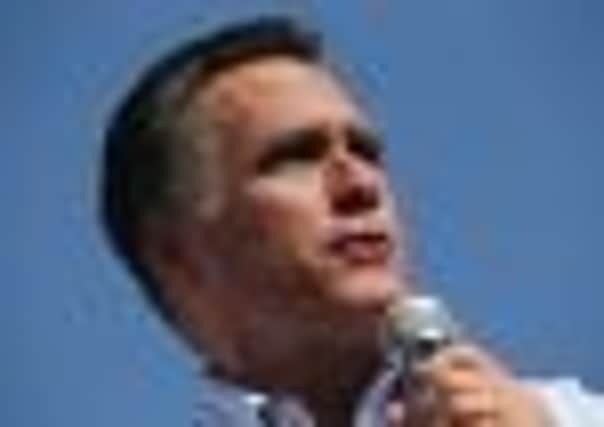Analysis: Sense of injustice on the rise as tax system loses its balance in US


A major theme of the underlying political debate in the US is the role of the state and the need for collective action. The private sector, while central in a modern economy, cannot ensure its success alone. For example, the financial crisis that began in 2008 demonstrated the need for adequate regulation.
Moreover, modern economies are founded on technological innovation, which in turn presupposes basic research funded by government. This is an example of a public good – things from which we all benefit, but that would be undersupplied (or not supplied at all) were we to rely on the private sector.
Advertisement
Hide AdAdvertisement
Hide AdConservative politicians in the US underestimate the importance of publicly-provided education, technology, and infrastructure. Economies in which government provides these perform far better than those in which it does not.
But public goods must be paid for, and it is imperative that everyone pays their fair share. While there may be disagreement about what that entails, those at the top of the income distribution who pay 15 per cent of their reported income clearly are not paying their fair share.
There is an old adage that a fish rots from the head. If those at the top of society do not pay their fair share of taxes, how can we expect that anyone else will? And if no-one does, how can we expect to finance the public goods that we need?
Democracies rely on a spirit of trust and co-operation in paying taxes. If every individual devoted as much energy and resources as the rich do to avoiding paying taxes, the tax system would collapse, or would have to be replaced by a more intrusive, coercive scheme. Both alternatives are unacceptable.
A market economy could not work if every contract had to be enforced through legal action. But trust and co-operation can survive only if there is a belief that the system is fair.
Recent research has shown that a belief that the economic system is unfair undermines both co-operation and effort. Increasingly, Americans are coming to believe that their economic system is unfair. The tax system is emblematic of that sense of injustice.
Billionaire investor Warren Buffett argues that he should pay only the taxes that he must, but that there is something fundamentally wrong with a system that taxes his income at a lower rate than his secretary is required to pay. He is right.
Romney might be forgiven if he took a similar position – indeed, a wealthy politician at the pinnacle of power advocating higher taxes for the rich could change the course of history.
Advertisement
Hide AdAdvertisement
Hide AdBut Romney evidently does not recognise that a system that taxes speculation at a lower rate than hard work distorts the economy: much of the money that accrues to those at the top is what economists call “rents”, which arise not from increasing the size of the economic pie, but from grabbing a larger slice of the existing pie.
• Joseph Stiglitz is a Nobel laureate in economics